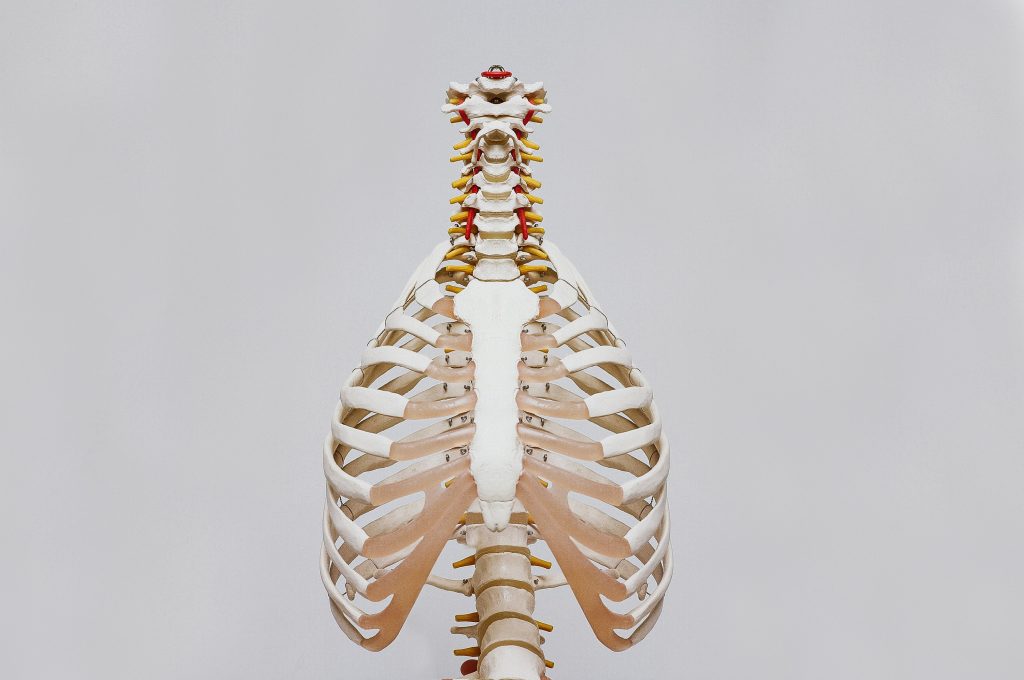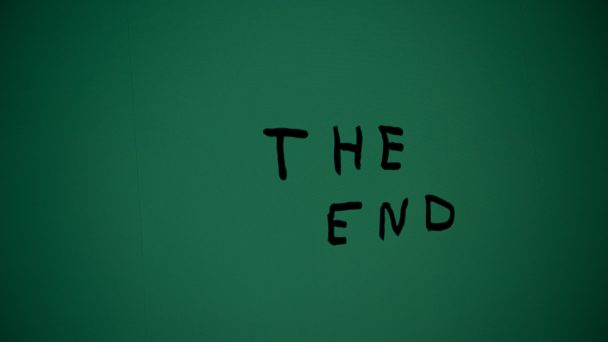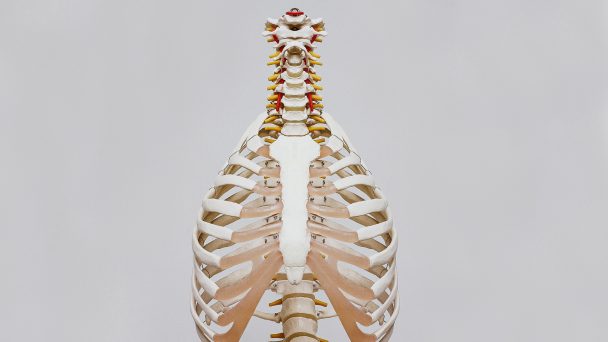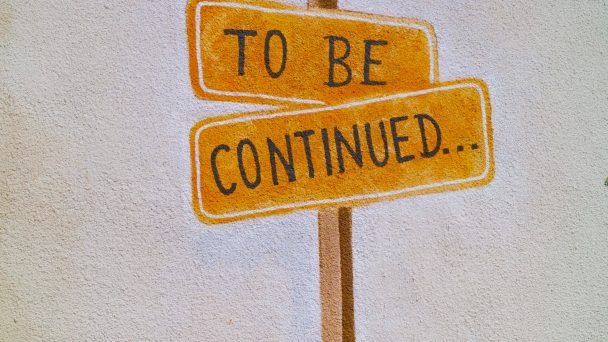The first week is over: what happens to you?

You've been on the road for seven days. You may start to see changes on the surface—no hangover, more energy, glowing skin—but what happens inside your body during your first non-alcoholic week? We publish five blogs about what your body does after one, two, three, four and five weeks alcohol-free, so read and be proud!
The first day
For the first 24 hours, your body is busy clearing all the alcohol from your system at the rate of one unit per hour. You probably won't feel any different. After all, most of us experience alcohol-free days on a regular basis.
Shorter fuse?
After the first few days of your dry trip, you may be feeling a little gloomy, because there's no production of dopamine—a mood-boosting chemical produced in the brain—and your body is replacing glycogen and minerals. If you feel sluggish and find yourself sniggering at everyone, remember that this will only take a few days at most and the benefits will show up soon enough.
sooooo tired
You may have trouble falling asleep during the first week. Without the sleep-inducing and numbing effect of booze, it is more difficult to fall asleep immediately. It's tempting to have a 'nightcap', but then you're back to square one. Have a good sleep routine: Try to go to bed at the same time every night, don't eat right before going to sleep and make sure you are completely screen-free an hour before you go to sleep. What can you do? Drinking milky drinks, warm baths, soothing music, breathing exercises, reading a relaxing book; you may need to try a few things before you find your new nightcap.
The second half of the week
Hopefully you feel better on days four through seven. In any case, all systems in the body are running again at their usual working level. You may have more energy and better concentration. There is a good chance that you will be able to sleep a little better from now on.
Some people experience very vivid dreams during REM sleep around this time. REM is the sleep stage in which we dream. When we drink, REM sleep is suppressed; that's why we're still so tired the next day, even after eight hours of sleep. These dreams are nothing to worry about, but some people do report that they are the craziest, scariest or most bizarre and lucid dreams they've ever had. Popcorn, anyone?
Where are my benefits?
Some people will experience these benefits at different times, if at all. This could be due to how much you've been drinking before, other lifestyle changes (if you swap your nightcap for an espresso, you probably won't have better sleep), or it's all to do with the idiosyncrasies of your particular body. That doesn't mean your break period isn't doing you any good, nor does it mean you won't feel better in the long run – so don't give up if you don't experience these effects exactly as described above. And especially pay attention to the benefits that have not been mentioned, but that you do experience!


